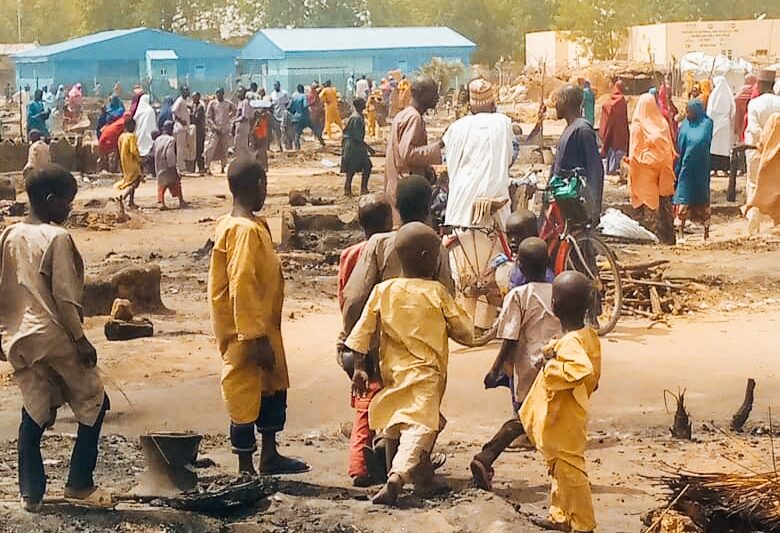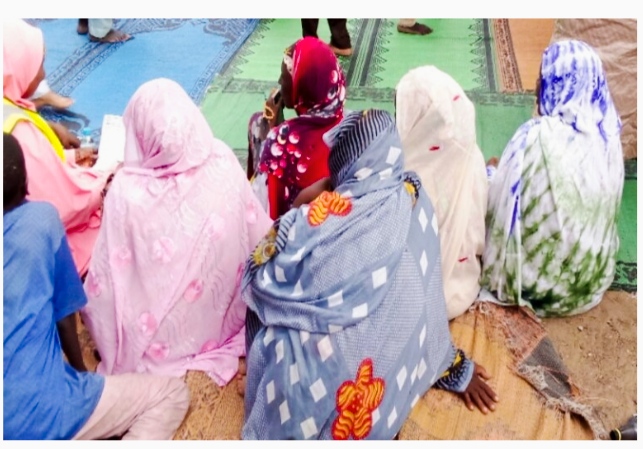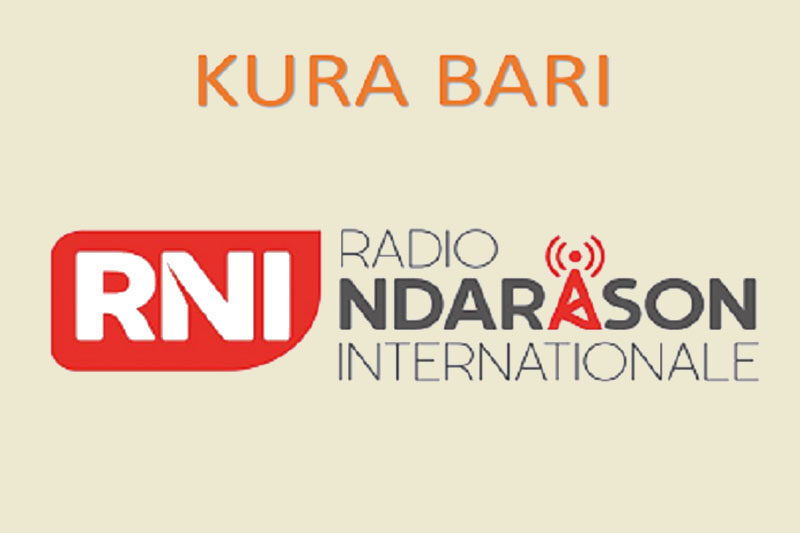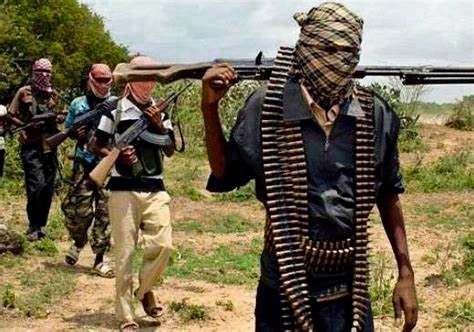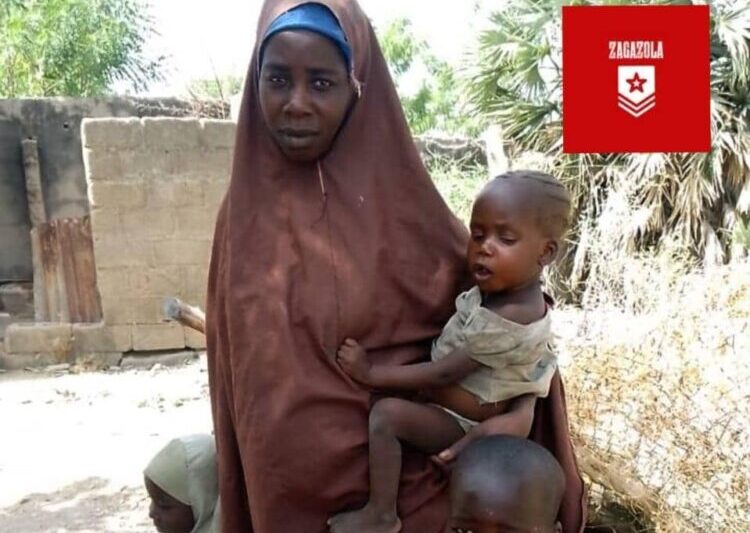Differences between the Child Rights Act and Sharia law need to be bridged to ensure kids have the right to education and health – and are protected from abuse.
The protracted 15-year conflict in Borno State has had a devastating effect on children in the state: 300,000 have been killed, more than a million displaced, hundreds recruited by armed groups, and an unknown number used for child labour.
Many have been victims of sexual abuse and other violations. And the emotional and psychological scarring cannot be counted.
In Borno State 330,389 children are out of school, according to the Universal Basic Education Commission.
It was for these reasons that children’s rights activists celebrated the signing by governor Babagana Umara Zulum of the Borno State Child Protection Law on January 11, 2022.
At the time, the Borno State Child Protection Committee developed a two-year plan for effective implementation of the law, which aimed to protect the rights of children so that they would become productive members of society.
It marked an end to years of effort to provide a legal framework that recognised the rights of children to education and health and protection from all forms of abuse.
Borno was the 29th state in Nigeria to domesticate the Child Rights Act (CRA) enacted by the federal government in 2003.
Just seven states – Adamawa Bauchi, Gombe, Kebbi, Yobe, Kano and Zamfara States – have yet to domesticate the Act.
As with Adamawa and Yobe States, the conflict in Borno has had a devastating effect on children’s rights to health, nutrition and protection services.
However, there are still issues – mostly to do with culture, traditions and religious backgrounds – that are impeding the full implementation of the CRA into law in Borno State.
Muhammad Musa Saleh, a professor of law at the University of Maiduguri, said the Borno State Child Protection law was primarily an offshoot of the Child Rights Act of 2003.
“After a tedious and protracted struggle against its adoption, several states across Nigeria are now finally domesticating the Act but still with some modifications to suit the socio-cultural and religious backgrounds of each specific federal entity – Borno State is one such entity.
“Being a federal state, it is imperative for all states, particularly those in the northern part of the country, to adopt and enact the Child Rights Act.
“However, the Supreme Council for Islamic Affairs asserted that that the Child Rights Act would abolish the very basis and essence of Sharia and Islamic culture and called for it to be rejected.
“This has been the underlying source of suspicion and conflict between the two diametrically opposed legal systems and this is what has impeded the implementation of the Act not only in Borno State but in other states, particularly those in the northern region of Nigeria.”
Saleh said several issues had been raised by the council that had to do with fundamental differences in the philosophical underpinning and provisions of the CRA and Sharia law.
“For example, the provisions of the CRA in respect of adoption, marriage, custody and family court are fundamentally different from Islamic personal law.
“The child-oriented justice approach in respect of child offenders is contrary to Sharia criminal law in which both adults and children can be subjected to stiff punishment and penalties.
“There is a need for all stakeholders to reconcile the basic differences to pave the way forward. The CRA is based on the best-interests principle and the best interests of the child are the primary considerations.
“So, this has been the main sticking point of enacting the law in Borno State.”
Abdulmutallib Ado Abubakar, a senior lecturer at the mass communication department at the University of Maiduguri, said the media had a vital role to play in investigating and reporting cases of child abuse in society to educate and enlighten the public about the severe plight of the children in Borno State and beyond.
“That will help people to understand the principles of the Child Protection Law based on established and reported cases of child rights abuses and violations that are critical and unacceptable in a community that’s highly cultured and religious.
“The issue of child abuse is our collective effort to make society sane and safer for the future generations. This shows the importance of the Child Protection Law being fully enacted.
“Such efforts should be supported by the media through in their editorial and social responsibilities.
“One of the roles of the media as an institution and as individuals should be investigative and reportorial in nature. It is only through this that we can reduce and possibly even eliminate child abuse.”
Ibrahim Uba Yusuf, also a senior lecturer in the department, said it was imperative for the mass media to have a key strategy on mainstreaming Child Protection Law issues in news and programmes to consolidate the effort of the government to ensure protection of children from all kinds of abuses and violations.
“Child protection is the prevention of and response to abuse, neglect, exploitation of and violence against children.
“The media has the responsibility to introduce programmes that incorporate different aspects of issues affecting children. Existing programmes should be tilted to address aspects of the Borno State Child Protection Law to ensure that the voice of children in debates on issues affecting them count. Children should be allowed some level of exposure to hammer home intellectual understanding on the right of children. They should not be left out of the discussions.”
He said the media should develop policies on programmes about children, creating a desk for children and remuneration so that children would be willing to take part. What was needed were defined concept notes and media outlets should encourage partners to sponsor these programmes.
Social media influencers should create short video clips on issues concerning children and share these on all platforms, Yusuf said.
SHETTIMA LAWAN MONGUNO


